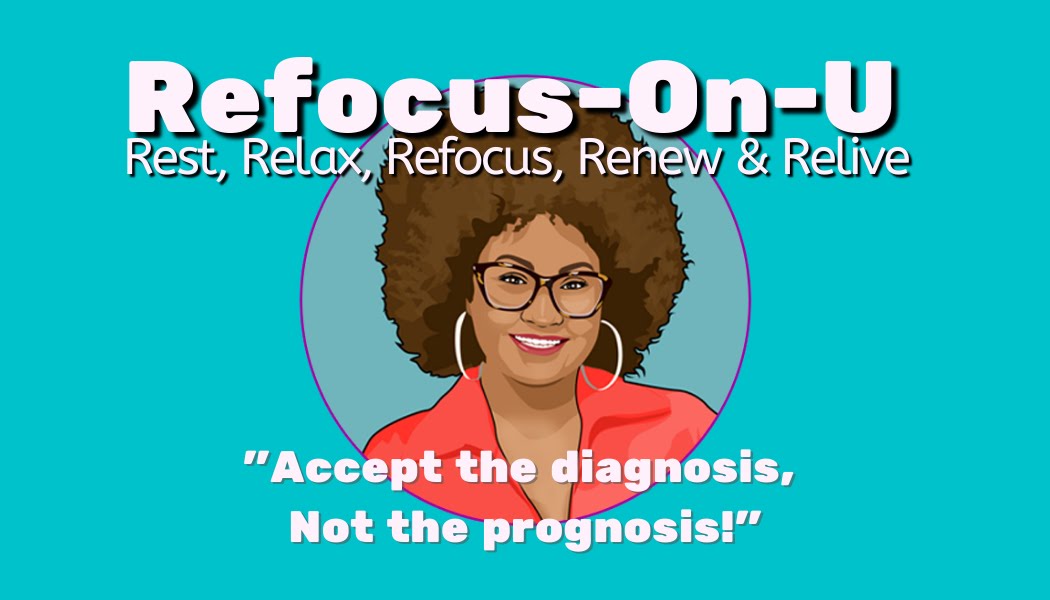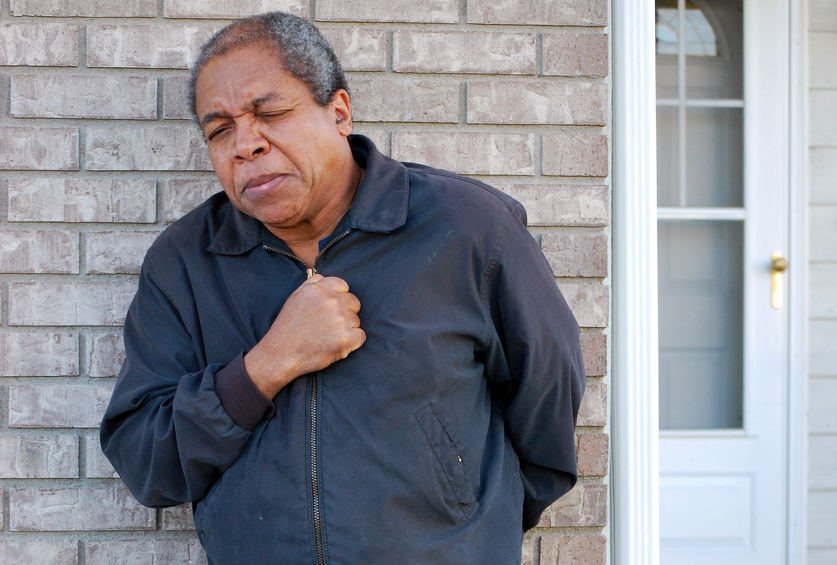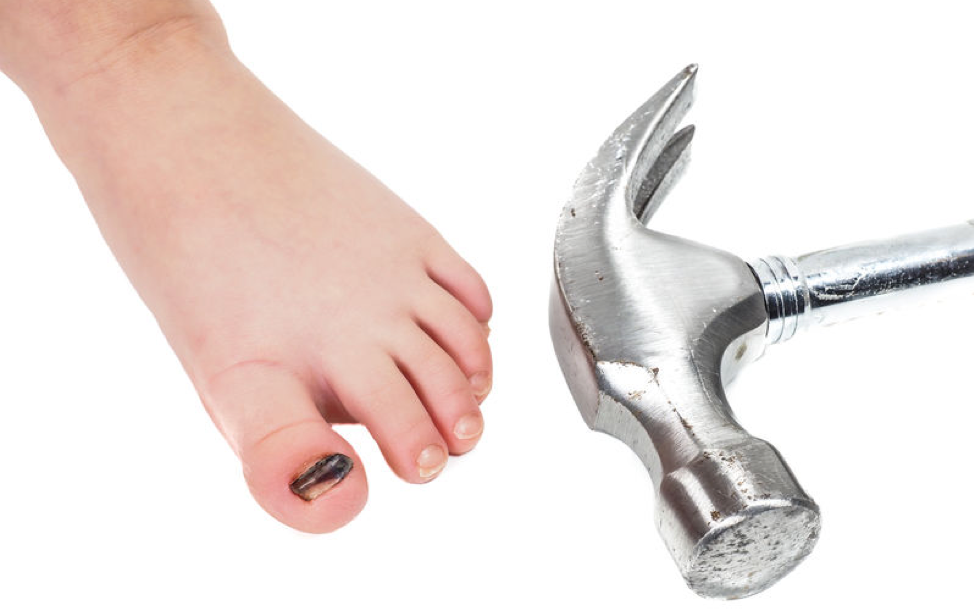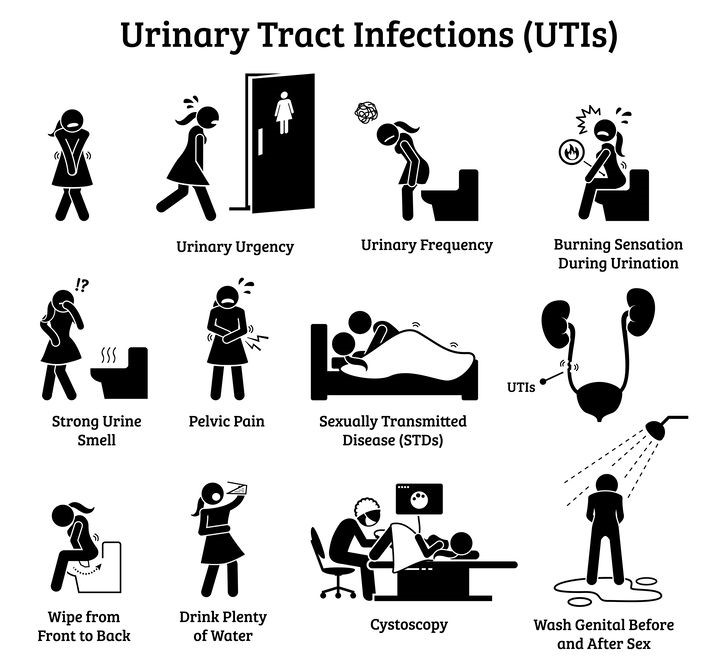If you are experiencing shortness of breath, and you don’t know why then a trip to the Doctor is in order or dial 911.
The average person breathes about 20 breaths per minute which equals to about 30,000 breaths per day, with that being said, outside of some strenuous workout or a bout with the cold or flu, there is never a time when shortness of breath is okay.
The most common causes of shortness of breath include, pneumonia, heart conditions, such as heart attack or heart failure, pregnancy, asthma, allergic reactions, obesity, lung diseases such as COPD, or emphysema, or scarring of the lung tissue called interstitial lung disease, panic attacks, and even anemia can cause S.O.B. Today we are going to address how you can have relief from conditions that have their origin in the lungs, and some simple things that you can do to take a deeper breath.
- Stop smoking: smoking reduces the lungs’ ability to fight infections, causes swelling in the air tubes, narrows air passages and destroys air sacs.
- Stay away from things that cause mucus formation: while some mucus is necessary in order to collect irritants and carry them out of the body, if there is excess production of mucus, which can be caused due to smoke, dust, chemicals, food additives, bacteria and viruses, this excess mucus means more coughing, more stuffy noses and a harder time breathing. Foods that cause an excess of mucus production is sugary treats, wheat, dairy products, high fat red meat, deep fried foods, alcohol, and caffeine.
- Increase foods that fight excess mucus production: all leafy greens and herbs, garlic, ginger and turmeric, citrus fruits, radishes, broccoli, and cauliflower, in other words, a plant-based diet.
- Deep breathing exercises: Take a breath in through your nose as if you are smelling a flower, then release the breath through your mouth with your lips pursed, this resistance helps build up your breathing endurance. There are several examples of breathing techniques and exercises out there, make sure you find one that fits you.
Most of us take breathing for granted, it comes so naturally that we barely notice it, until it becomes restrictive. You can take charge of your breathing ailment. By learning as much as you can about your illness and then taking the necessary steps to reduce its effects.







